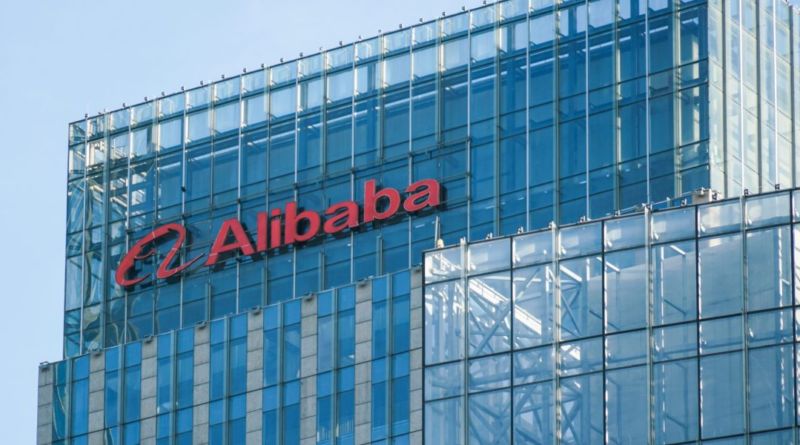A series of bad news stories—including an abandoned cloud spin-off plan—wipe billions from Alibaba's market cap
The Chinese e-commerce giant Alibaba is now worth $20 billion less, following a day of unveiled share sales, abandoned corporate plans, and a near-double-digit plunge in stock prices.
The company’s Hong Kong-traded shares fell by almost 10% on Friday. Post-drop, Alibaba is now worth just over half of its arch-rival, WeChat owner Tencent. (Alibaba is valued at $201 billion, Tencent at $391 billion)
The plunge in share prices followed a series of bad news stories for the e-commerce company, prime among which was a big reversal in corporate strategy.
Alibaba is shelving its plans to spin-off its cloud computing unit as an independent company, Alibaba announced on Thursday as part of its earnings release.
The company blamed U.S. tech export restrictions for the decision. In October, the Biden administration expanded rules barring the sale of advanced chips to China, making it more difficult for Chinese companies like Alibaba and Tencent to get their hands on the advanced semiconductors needed for data centers and AI applications.
“We believe that these new restrictions may materially and adversely affect Cloud Intelligence Group’s ability to offer products and services and to perform under existing contracts, thereby negatively affecting our results of operations and financial condition,” the company said in a statement.
“Inability to access H800 and A800 Nvidia chips [two models particularly useful for AI] creates a huge issue in finding computing power,” Ray Wang, CEO of tech and advisory firm Constellation Research, says. “Overall China-U.S. geopolitical tensions are the root cause resulting in global companies having to make tough choices and choose sides.”
Alibaba’s plan to spin-off the cloud division was part of a broader re-organization of the sprawling company. Earlier this year, Alibaba announced that it would transform itself into a holding company, and pursue listings of its different divisions. The company would retain majority ownership of the newly-public companies, with one exception: the cloud division, which would become fully independent.
Cainiao, Alibaba’s logistics unit, plans to have a $1 billion IPO in Hong Kong later this year.
Alibaba Cloud is a significant part of the company’s business. The unit generated 12% of Alibaba’s revenue last quarter, according to an earnings statement released Thursday.
On Thursday, Alibaba said that the new U.S. rules meant that a full spin-off of the cloud division may not “achieve the intended effect of shareholder value enhancement”.
Even more bad news
Alibaba’s abandoned spin-off plan isn’t the only bad news to come out about the company in the past day.
Family trusts from Alibaba founder Jack Ma will sell 10 million American Depository shares in Alibaba for about $871 million, according to filings to the U.S. Securities and Exchange Commission. The sale is part of a sell-down plan initiated on Aug. 16, and will be completed by Nov. 21.
Alibaba’s fintech affiliate company Ant Group also earned 65% less profit last quarter compared to a year ago, according to Fortune’s calculations based on Alibaba’s earnings reports. Ant Group recently paid an almost $1 billion fine to Chinese regulators for allegedly violating consumer protection and anti-money-laundering rules. Alibaba owns about a third of Ant Group, which was also founded by Jack Ma.
Analysts viewed the massive fine imposed on Ant Group, as well as a $410 million fine on Tencent, as a possible end to Beijing’s years-long crackdown on the country’s tech sector—which arguably started when officials killed Ant Group’s planned IPO in November 2020.
Even as Beijing eases its pressure on the tech sector, Alibaba still faces a weaker Chinese economy, as consumers scale back on spending. The e-commerce is trying to bounce back from the pandemic, but now has to contend with newer players like PDD Holdings and platforms like Kuaishou. Alibaba did not reveal its revenue figures from its mega-shopping festival Singles Day, held on Nov. 11, for the second year in a row.
Alibaba generated $31 billion in revenue during the quarter ending Sep. 30, a 9% increase year-on-year. The company earned $3.7 billion in net income, versus a $3.1 billion loss during the same quarter last year.




